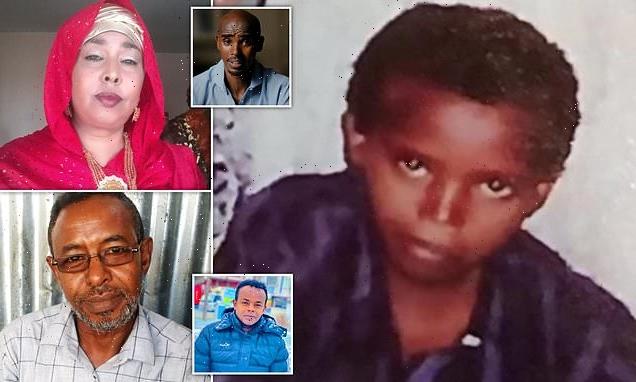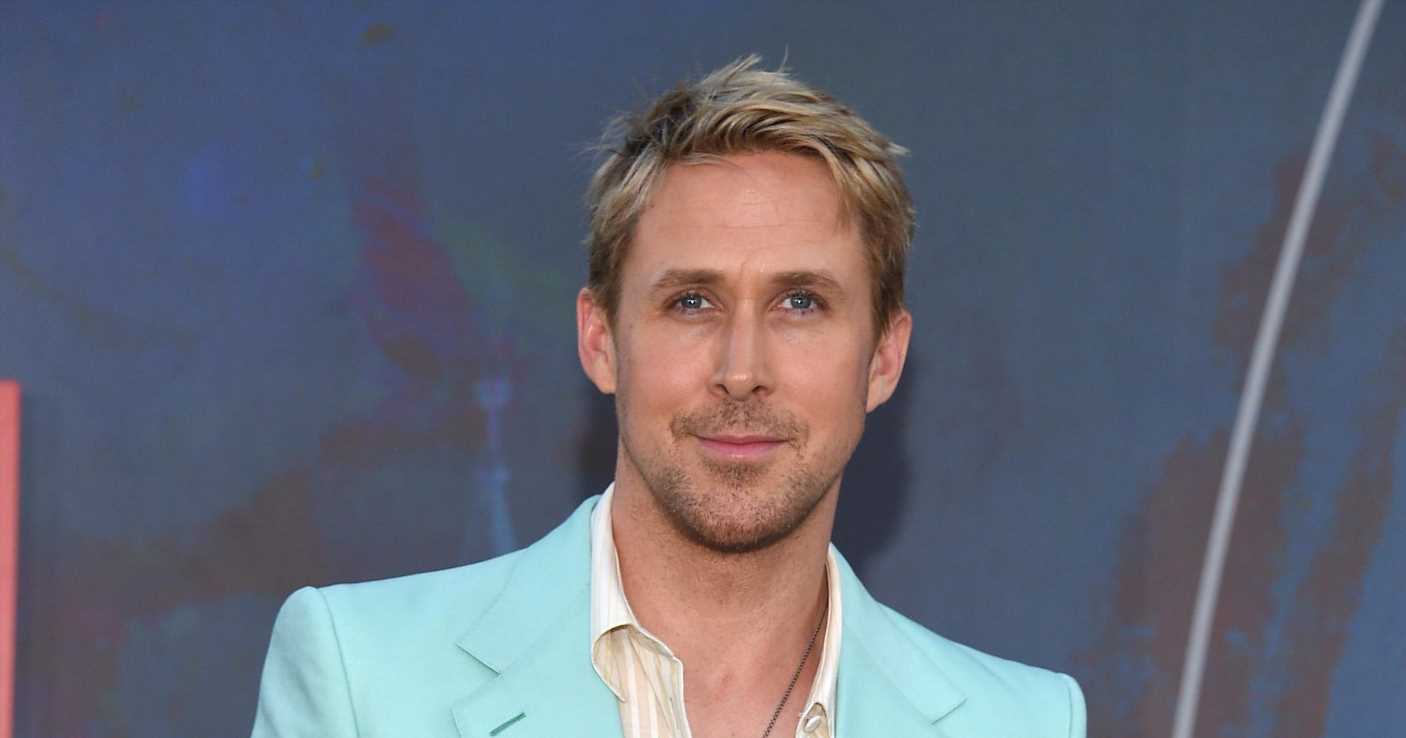2021 may have been a banner year for disability representation in Hollywood, particularly among deaf performers. Millicent Simmonds further proved she’s one of entertainment’s most exciting young actors in A Quiet Place Part II, Lauren Ridloff became the Marvel’s first deaf superhero in Eternals and, most emphatically, CODA triumphed at the Academy Awards, winning three Oscars, including Best Picture.
But the real work is just getting started, maintained a diverse panel of creators with disabilities at the Inevitable Foundation panel Thursday morning at San Diego Comic-Con moderated by The Hollywood Reporter‘s Abbey White. “There’s so much work that needs to be done,” Ridloff proclaimed.
Ridloff, Jillian Mercado (The L Word: Generation actress and model, who has muscular dystrophy), Josh Feldman (a writer for Marvel’s Echo, who is deaf) and Greg Machlin and Aoife Baker (writing partners who identify as neurodiverse) assembled to discuss the wide-ranging challenges regularly faced by industry professionals with disabilities.
“I’m used to being the only deaf person in the room,” noted Feldman. Per Mercado, that means people in their positions are often expected to not only execute their roles as actors, writers and producers, but also expected to serve as unofficial consultants (meaning unpaid) when it comes to how productions work with and portray disabled people. And the audience blames them directly if they don’t feel accurately or respectfully depicted, Mercado adds.
So much insight, inspiration and edutainment coming out of the #SDCC#InEvitableFoundation featuring a panel of creators with disabilities killing the game right now.
Though as @LaurenRidloff put it, “There’s so much work that needs to be done.” pic.twitter.com/RwTIogbGo4
— Kevin Polowy (@djkevlar) July 21, 2022
Still, though, the panelists welcome their roles in representing for the wider disability community in general.
“What we put on screen matters,” Baker says.
They also think Hollywood is slowly making productions more accessible. Feldman referenced flashing lights that were installed in his trailer when he’s needed on set. Mercado, who uses a wheelchair, is grateful there are productions that will pick her up and drop her off given ride-sharing services often have curfews for disability accessibility. And Ridloff has learned she just needs to ask for what she needs on set.
In a post-panel interview with Ridloff, we spoke to the Eternals and Walking Dead actress through an interpreter about the future of disabled creators in Hollywood, CODA‘s big win, and more.
Yahoo Entertainment: I much enjoyed the panel today. I found it really insightful. What did it mean to you to come together like this with all these great creators and discuss what it means to be disabled in Hollywood in 2022, and look at a collective path forward as a united front?
Lauren Ridloff: How do I answer that? It’s funny because just recently I saw somewhere that I was called an actor and an activist. It was so interesting to me because I really wouldn’t call myself an activist. I’m just talking about what I need and what I think needs to be changed. That’s it. And I guess that puts me into that category. But I think that really means a lot to have a platform here at Comic-Con, it’s such a huge event. People come in to be entertained, but also to learn… And the fact that people like us, people with disabilities, belong in this space and now we have a voice and we have a table. Wow. We’re making movement.
I know one of the major motivations behind the panel was to normalize the conversation about disabilities in Hollywood. Beyond panels like today, which I think are effective in their own, what are the next steps we need to see be taken in the industry?
Follow through. That’s the most important thing that we have to do next. Just follow it through. And I think about who actually is listening to those conversations, people who are in the same boat. We need people who have a completely different life experience and a completely different understanding, and have those individuals listen to these experiences and make change, because they are the ones that have power. We were just talking about how line producers are the ones who make those decisions. They say “yes” to our requests. Those are the people that need to make change also. And first they need to start listening.
You broke major ground with your role in Eternals — what kind of reactions did you get from that performance from fans in the disabled and deaf communities?
The deaf community has been so positive about my portrayal of Makkari. But the biggest impression that I actually got was that we want more. That’s my favorite thing. That’s our rallying and cry. We need more Makkari.
Do you feel more momentum right now in Hollywood than you have in the past? You said there’s a lot more work to be done, but do you feel hopeful?
Yeah, I feel hopeful. And I think that there’s momentum and I just hope it continues. But I want to say that when I was 8, Children of Lesser God came out [in 1986] and Marlee Matlin won her Oscar. And now my son is 8. That’s when the next deaf person won an Oscar, Troy Kotsur [in CODA]. Yeah. That’s a long time in between. So yes, there is momentum. It just needs to speed up a little bit. I do know in the last couple years there’s been an increase in representation and deaf actors are much more visible and I’m thrilled about that. But what I’m noticing now is [the need to see] a larger number of creatives involved off-screen, behind the camera. And I think that is just as important. We have Josh Feldman. We have my husband Douglas Ridloff, who is currently working as a consulting producer for Echo. We need more. And I see that that’s where we’re going, and I think that’s wonderful.
What do you think CODA winning top prizes on a stage as big as the Oscars does for the movement?
First of all, when I actually watched them win, the first thing that I noticed was so many actors, so many directors and other award winners [in attendance], a lot of them were clapping in the deaf way with their hands waving in the air. And that just gave me goosebumps. You know, seeing that visual validation that things are changing. And I hope that what happens next is that we see more stories that involve that intersectionality of deaf people, deaf people who are Black, are Mexican, LGBTQIA, the whole spectrum. We need so many more stories that can be mined in the deaf community. And also the disabled community. I think what I’m seeing is a lot of that representation on the screen is mostly white.
https://youtube.com/watch?v=AvT71KekApQ%3Frel%3D0
Indeed. But yes, especially when Troy won that Oscar and was making his way to the platform and you saw all the deaf applause, I was tearing up.
Let me tell you, I cried. I cried. I was sitting in my hotel room getting glam done, and I was crying. I messed up my makeup. I had to apologize to my makeup artist. But I was so happy.
What’s next for you?
I’m an executive producer on a limited TV series with Ava DuVernay and Joshua Jackson. It’s on Starz. So we’ll see. That’s where I’m at right now.
Will we see you in the Marvel Cinematic Universe again? Will we get more Makkari?
That is the question of the day, the week, the year… Who knows?
Find out more about Inevitable Foundation here.
Source: Read Full Article


